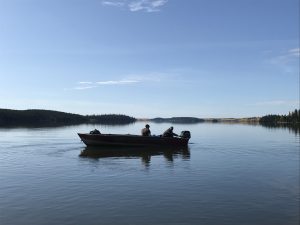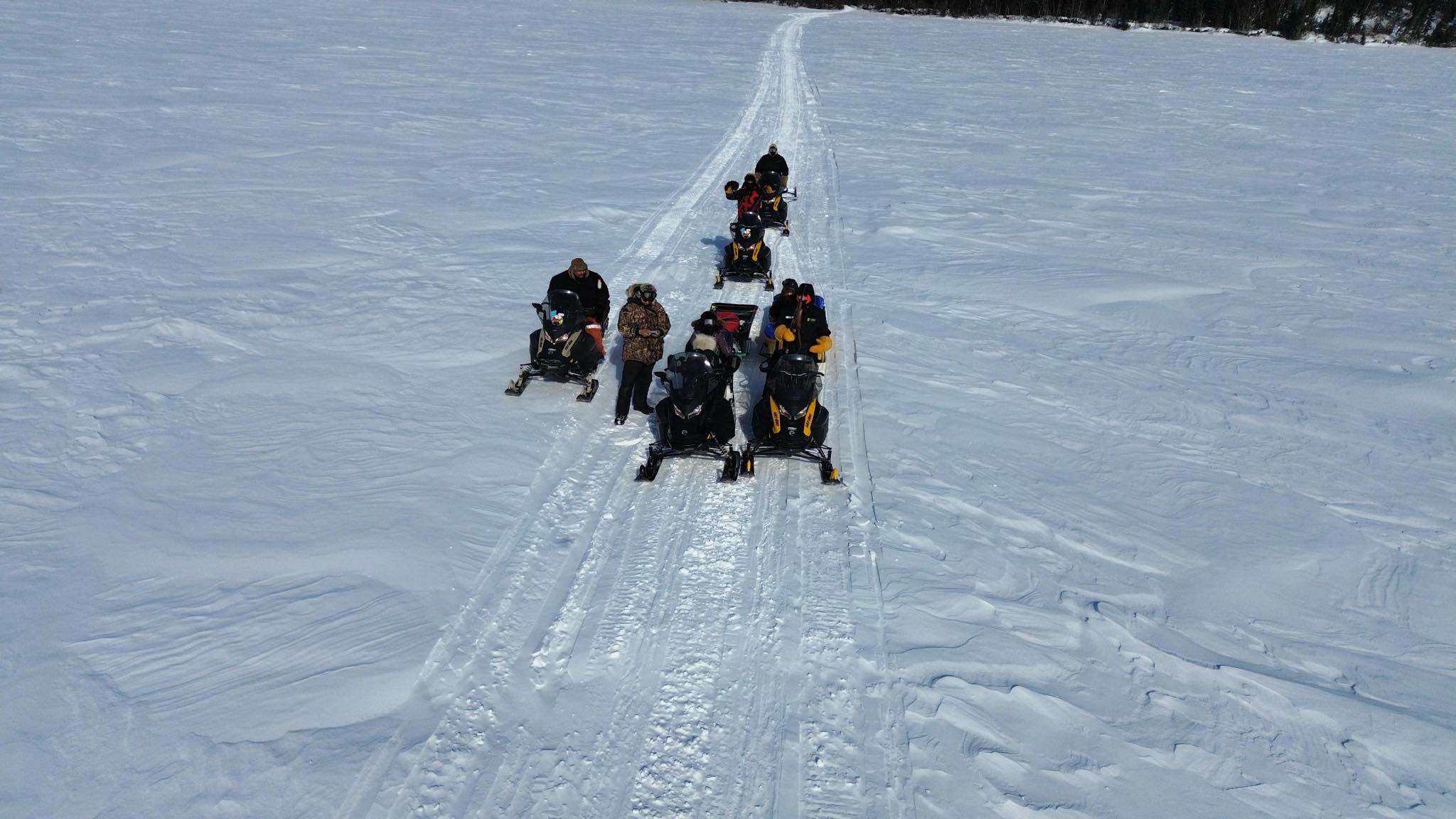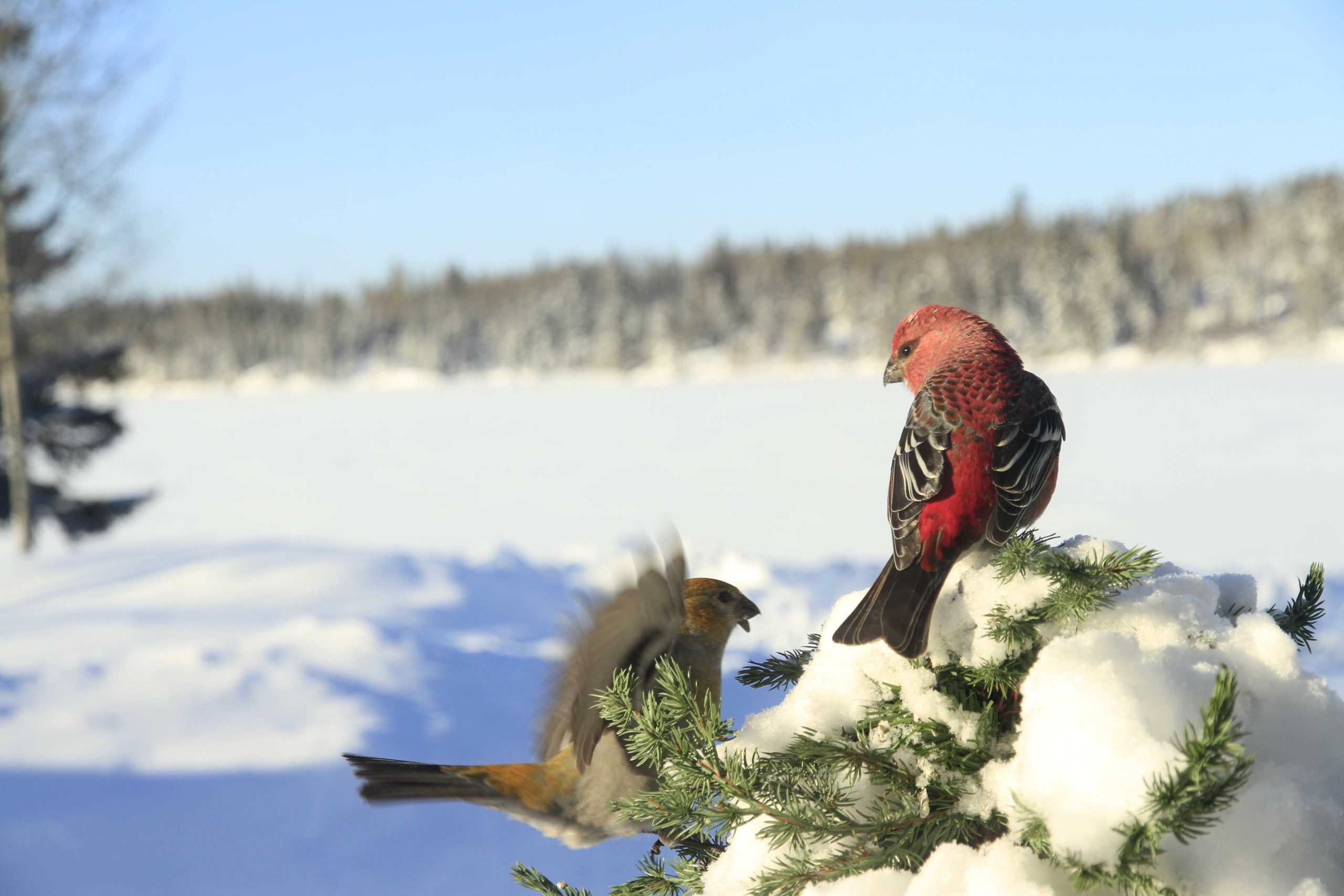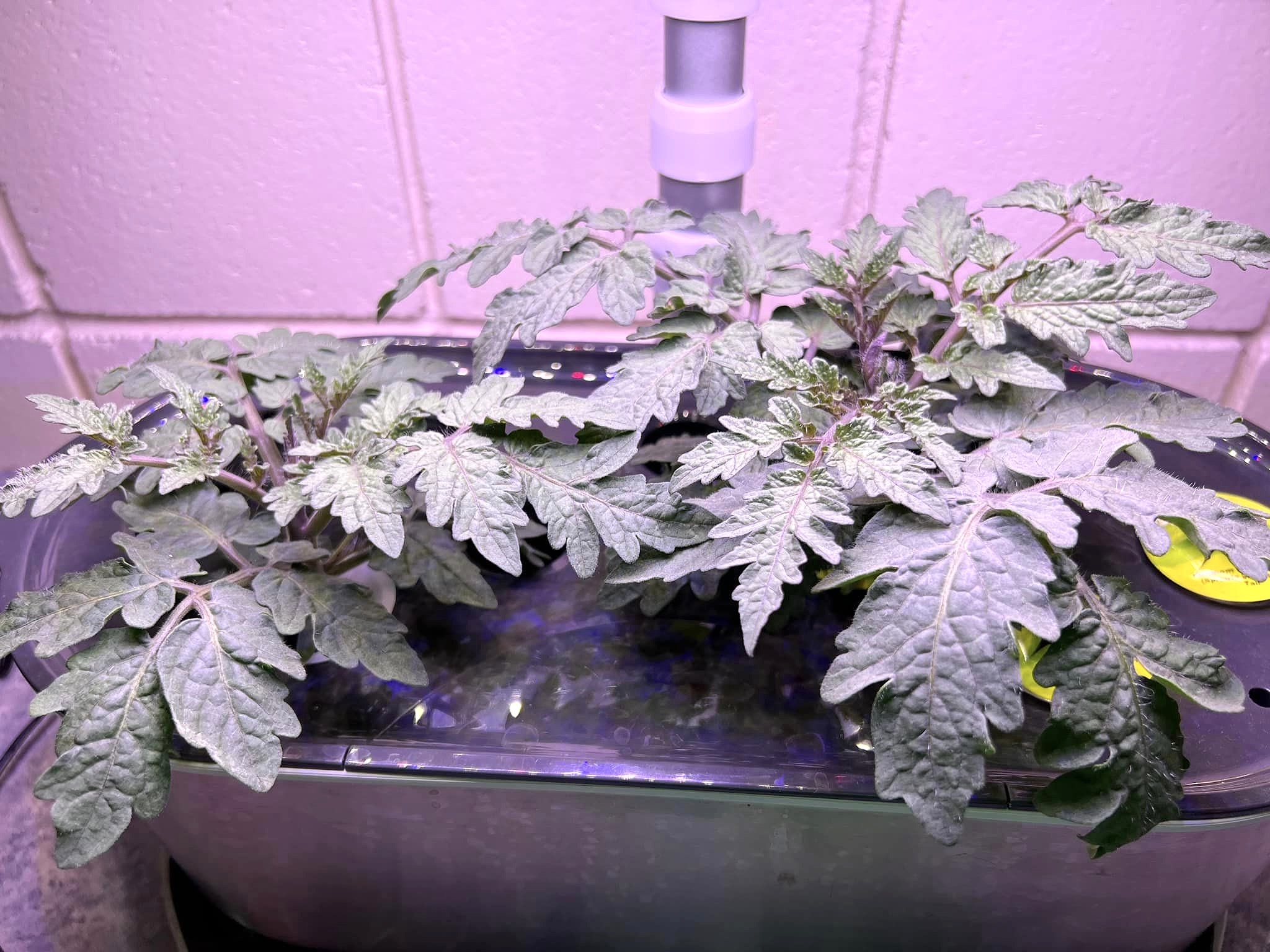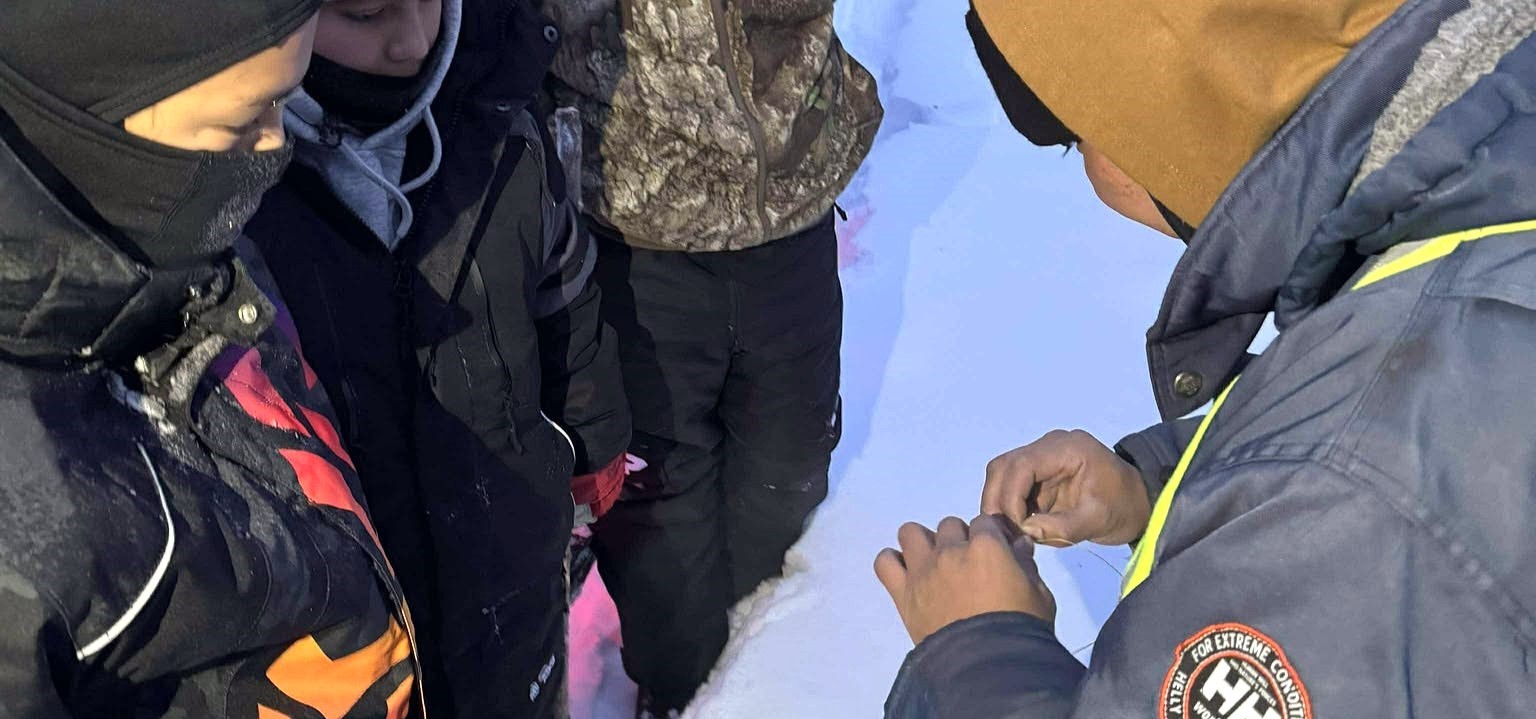The Right to Food
In the Committee on Economic, Social and Cultural Rights, General Comment 14 states that:
the right to food is supported when there are respect, protection, and fulfillment in strengthening food security between the state and the public. Food security is a necessity towards the fulfillment of the right to food. The recognition of Indigenous food and culture is more than the proper execution of their rights; it is an act to showcase the origin of Canadian culture globally.
Indigenous Food Security in Canada
In the report of the Special Rapporteur, Olivier De Schutter, on the right to food, Indigenous people continue to experience poverty and food insecurity worse than the non-Indigenous population due to long history of political and economic marginalization. This inequality can also be seen in data collected by Statistics Canada, illustrating that 21.7% of Indigenous people are below the low-income cut-off compared to 11.1% non-Indigenous population, after tax. Aside from the ongoing legacy of Canada’s colonial history and enduring systemic inequalities, geographical isolation is also a factor.
Due to the inaccessibility of affordable and nutritious food in remote Indigenous communities, programs such as Nutrition North Canada have been in development to address these issues. However, the Special Rapporteur’s report raises concerns about the implementation of these programs, especially around eligibility criteria to receive subsidies.
In a Media Indigena podcast interview entitled Food Insecurity in Canada’s North, Madeleine Redfern highlighted that there was insufficient recognition of traditional food. Hunters should hunt wild games, but because hunting equipment is expensive, most community members rely on commercially processed traditional food. Despite the rights outlined in international law, current policies and land claims in Canada disrupt Indigenous people’s traditional practices affecting their right to food.
Access to Land and Traditional Food
The United Nations Declaration on the Rights of Indigenous Peoples outlines the right to lands and resources that Indigenous people traditionally owned:
Article 8.2b
States shall provide effective mechanisms for prevention of, and redress for any action which has the aim or effect of dispossessing them of their lands, territories or resources.
Article 25
Indigenous peoples have the right to maintain and strengthen their distinctive spiritual relationship with their traditionally owned or otherwise occupied and used lands, territories, waters and coastal seas and other resources and to uphold their responsibilities to future generations in this regard.
Article 26.1
Indigenous peoples have the right to the lands, territories and resources which they have traditionally owned, occupied or otherwise used or acquired.
Article 31.1
Indigenous peoples have the right to maintain, control, protect and develop their cultural heritage, traditional knowledge and traditional cultural expressions, as well as the manifestations of their sciences, technologies and cultures, including human and genetic resources, seeds, medicines, knowledge of the properties of fauna and flora, oral traditions, literatures, designs, sports and traditional games and visual and performing arts. They also have the right to maintain, control, protect and develop their intellectual property over such cultural heritage, traditional knowledge, and traditional cultural expressions.
Indigenous Food Sovereignty
We had the chance to sit down with Dr Priscilla Settee to do a profile story and discuss Indigenous Food Sovereignty. We suggest you have a look if you haven’t done so yet!
Indigenous Food Sovereignty is an innovative, Indigenous-led, policy approach to end food insecurity in Indigenous communities.
The Indigenous Food Systems Network is at the forefront of the movement.
Their website states that Indigenous values, knowledge, and wisdom created for thousands of years served as the Indigenous Food Sovereignty guiding principles.
These fundamental principles are:
Sacred or Divine Sovereignty
Food is sacred and a gift from the Creator, which should not be restricted by colonial policies. This principle acknowledges the importance of nurturing one’s relationship with the land, plants, and animals.
Participatory
Action and continued participation in cultural harvesting strategy at all levels of society are essential to maintain Indigenous food sovereignty for present and future generations.
Self-determination
Free and able to make decisions on the amount and quality of food to grow, gather, hunt, fish, and eat and not entirely relying on food from grocery stores.
Policy
Indigenous Food Sovereignty develops a restorative framework to reform policies in rangeland, forestry, fisheries, agriculture, environmental conservation, health, and rural and community to achieve reconciliation between Indigenous food and culture and colonial policies.
Towards a Food Policy for Canada
The People’s Food Policy is an internationally recognized approach built in the concept of food sovereignty.
It acknowledges that food is a primary foundation of healthy lives, communities, ecosystems, and economies. Resetting the Table is a collaborative process led by Food Secure Canada, which underlines the importance of creating a Food Policy for Canada.
Key elements of the proposed food policy:
Ensure a shorter food supply chain through domestic or regional purchasing policies for food producers such as large food retailers and local farmers’ markets.
Support urban and rural food providers to shift to ecological production such as organic agriculture, community-managed fisheries, and management of Indigenous food systems. It also supports entry policies for new farmers and fishers.
Establish a federal poverty elimination and prevention program outlined with measurable goals and timelines.
Develop a nationally-funded Children and Food strategy, including school gardens, school meals, and food literacy programs.
Ensure that the public and most marginalized populations are actively involved in decision-making.
Did we forget important resources on the subject matter?
United Nations Human Rights Office of the High Commissioner. The Committee on Economic, Social and Cultural Rights. (2000). Retrieved on July 2 2021 from https://www.ohchr.org/en/hrbodies/cescr/pages/cescrindex.aspx
United Nations. Report of the Special Rapporteur on the right to food, Olivier De Schutter. (2012). Retrieved on July 2 2021 from https://digitallibrary.un.org/record/766914
Media Indigena. Food Insecurity in Canada’s North. (2016). Retrieved on July 2 2021 from https://mediaindigena.com/food-insecurity-canadas-north-ep-21/
United Nations. United Nations Declaration on the Rights of Indigenous Peoples. (2007). Retrieved July 2 2021 from https://www.un.org/esa/socdev/unpfii/documents/DRIPS_en.pdf
Indigenous Food Systems Network. (2021). Retrieved on July 2 2021 from https://www.indigenousfoodsystems.org/food-sovereignty
© Copyright. All rights reserved. The content of this post may be used for educational purposes without written permission. For other uses, please contact the author(s) of the content.

